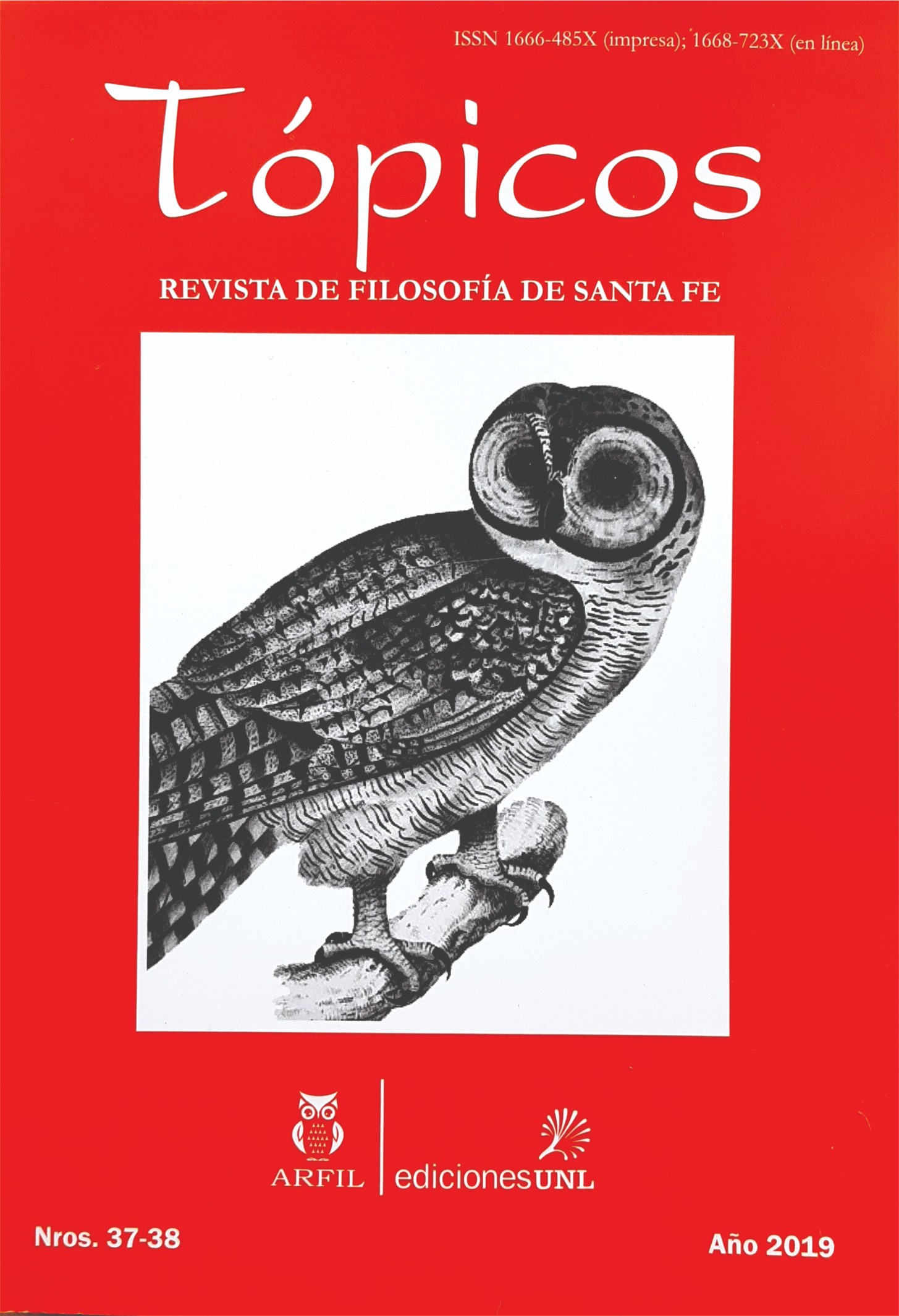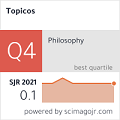Finitude and Truth. Gadamer on critical understanding
DOI:
https://doi.org/10.14409/topicos.v0i37.8664Keywords:
Critical understanding, effective history, anticipation of completeness, truth, finitude.Abstract
By showing the implications of Gadamer’s concepts of “anticipation of completeness” (Vorgriff der Vollkommenheit) and “effective history” (Wirkungsgeschichtlichen), as well as the relationship between them, the author attempts to explain why in Gadamer’s philosophy the traditional hermeneutical problem of a more adequate understanding of “others” is subordinated to the problem of the possible truth of what these others say. At the same time, the author suggests that this latter problem and the dialogic framework that Gadamer assumes is the only possibility for dealing with it constitute the most important key for understanding the differences between his thinking and the hermeneutical tradition that came before it, including –in spite of his direct influence – Martin Heidegger.














